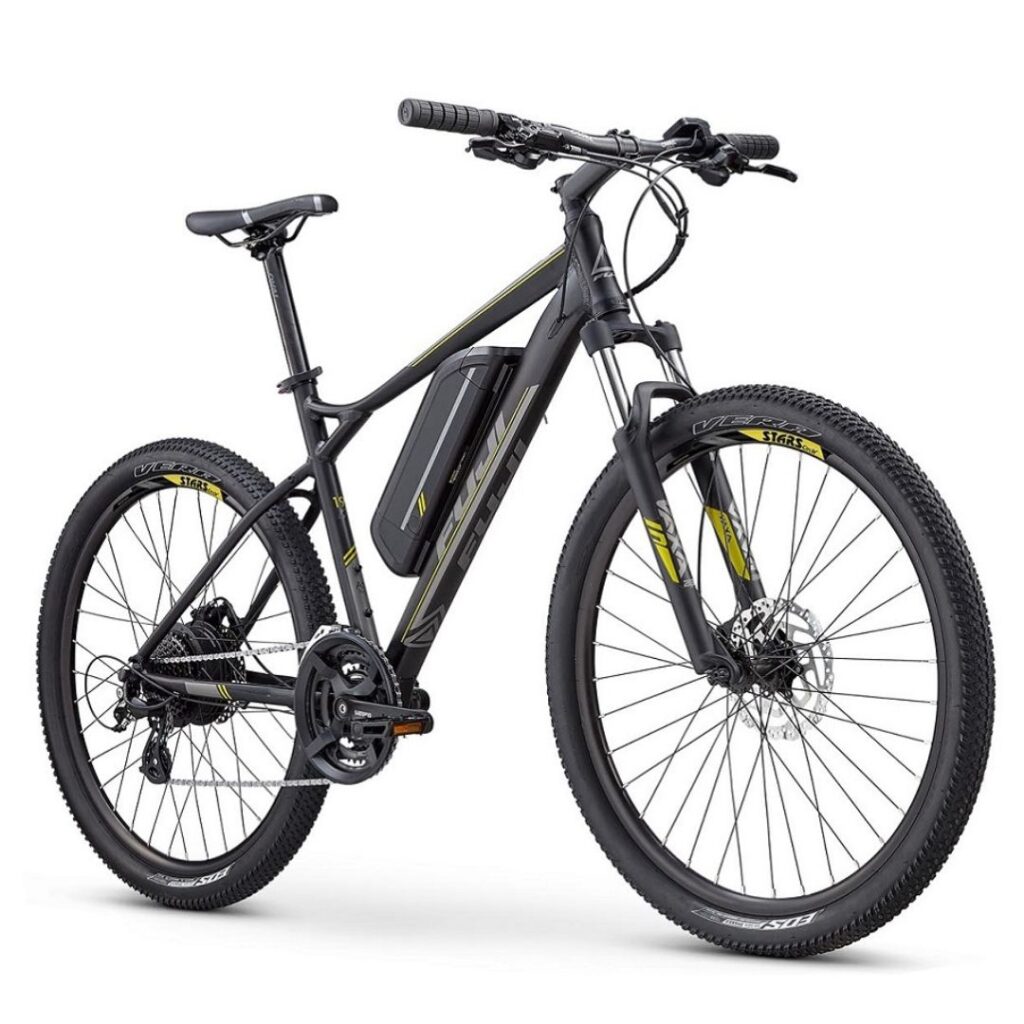Purpose-Built Trailers Delivering Strength, Flexibility, and Smooth Handling
When it comes to transporting goods, equipment, or recreational vehicles, the importance of a high-quality trailer cannot be overstated. Purpose-built trailers are designed to provide the ultimate combination of strength, flexibility, and smooth handling, ensuring every journey is safe, efficient, and worry-free. Whether you’re a professional hauler or a weekend adventurer, investing in the right trailer makes all the difference. For those searching for reliable options, an Ohio trailer dealer offers a wide range of purpose-built trailers tailored to meet various needs.
Unmatched Strength for Every Load
One of the primary advantages of purpose-built trailers is their robust construction. Engineered using high-grade materials, these trailers can withstand heavy loads and challenging conditions without compromising performance. Key benefits include:
- Durable frames and suspension systems that support maximum weight capacity
- Reinforced flooring for long-lasting reliability
- Rust-resistant finishes to endure different weather conditions
This level of strength ensures that whether you’re hauling construction equipment, vehicles, or cargo, your trailer remains steady and dependable.
Flexibility to Suit Diverse Needs
Purpose-built trailers are designed with versatility in mind. Their flexible configurations make them ideal for a wide range of tasks, from commercial transport to recreational use. Some highlights include:
- Adjustable ramps and tie-down points for secure loading
- Multiple size options to accommodate various types of cargo
- Customizable features that allow users to modify trailers according to specific requirements
This flexibility means a single trailer can serve multiple purposes, providing an excellent return on investment while meeting evolving transportation demands.
Smooth Handling for Stress-Free Journeys
A strong and flexible trailer is only as good as its handling capabilities. Purpose-built trailers are engineered to offer smooth and stable towing, reducing driver fatigue and ensuring a safer experience on the road. Benefits include:
- Precision-balanced axles for even weight distribution
- Advanced suspension systems that minimize bumps and vibrations
- Enhanced braking and steering control for added safety
With these features, drivers can navigate highways, urban streets, and uneven terrain confidently, knowing their trailer responds predictably and reliably. Purpose-built trailers are a testament to smart engineering, offering the perfect balance of strength, flexibility, and smooth handling. Investing in a trailer from an trailer dealer ensures you benefit from high-quality design, adaptable features, and safe, reliable performance. Whether for work or play, these trailers deliver superior support for all your hauling needs, making every trip a seamless and enjoyable experience.
